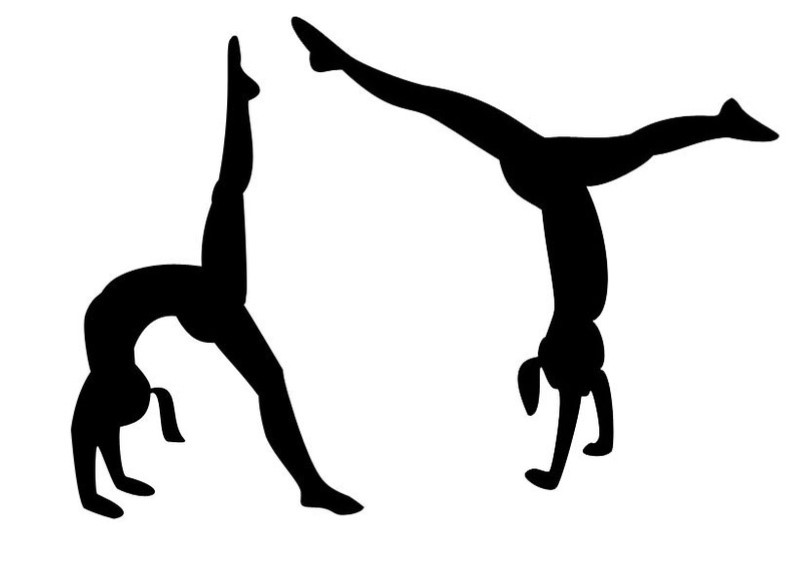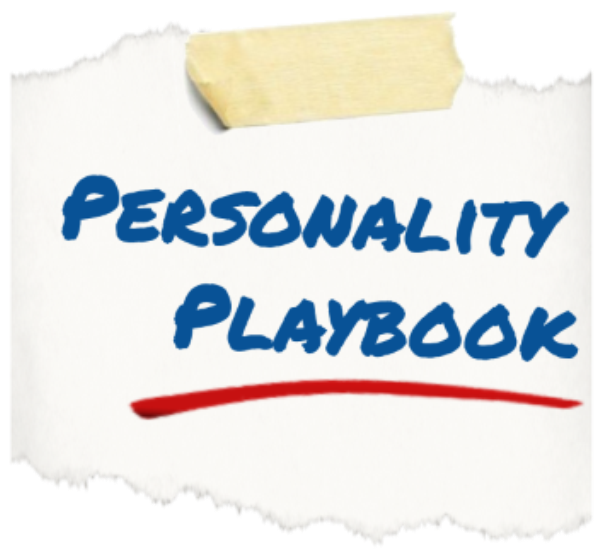
 Let’s face it… While there is much more to life than work, work is one of the biggest parts of our lives. We spend years and years studying in school so that we can get a good job, and once we get a good job, we spend a tremendous amount of time working at it. We gain friends who are coworkers, develop skills on the job, and talk about it when we get home. For that matter, we will likely be doing some kind of work or career for at least 30 years of our lives, and that number is rising!
Let’s face it… While there is much more to life than work, work is one of the biggest parts of our lives. We spend years and years studying in school so that we can get a good job, and once we get a good job, we spend a tremendous amount of time working at it. We gain friends who are coworkers, develop skills on the job, and talk about it when we get home. For that matter, we will likely be doing some kind of work or career for at least 30 years of our lives, and that number is rising!
We also know that students who settle on a career early in college, that they are excited about and invested in, get better grades in school and are more likely to graduate. That is because finding a career provides a personally meaningful reason to be in college. It is beyond going to college to meet the expectations of others or because it seemed like the thing to do at the time. It is even beyond the general idea of going to college “to get a good job”. Choosing a career that is a good fit creates ownership in the college education, and that is a good feeling for students, parents, faculty, and staff!
With all of that knowledge, it makes sense that there are so many services, assessments, and books in the world that are intended to help us find a good career fit. You may notice that I did not say “the right career” because I believe most people could be happy doing more than one kind of job. In fact, most people will have a career change at least once in their live, and for many people that change comes from the fact that they started working at a job that was not a good fit. Trust me… I speak from experience on this one!
So how do you find careers that are a good fit for you? That is a complex question that has many possible answers, but I will provide a few tips here by giving you some questions to ask yourself, or someone you know who is trying to pick a career.
- What are my personal goals? You may be looking for a job that allows you to help people, retire early, travel extensively, have time to spend with kids and family, have time to devote to avocations, be able to live comfortably and retire on time, or keep up your habit of making monthly purchases of mint condition Beatles collectibles. Whatever your goals are, write them down, and factor them into your career decision.
- What are my values? Do you value play time, challenge, autonomy, creativity, interaction, peace, variety, stability, status, meaning, respect, security, adventure, or something else? These also play a role in your career choice.
- What am I interested in? Do you like interaction with people, analyzing data, expressing your imagination, influencing others, getting your hands dirty, organizing, playing sports, building your own business…? The possibilities for interests are nearly endless, and there are instruments that can help you line your interests up with a career, such as the Strong Interest Inventory®, which is offered by most university career centers.
- What are my skills? Are you good at talking with people one-on-one, public speaking, math, analysis, painting, designing, staying calm in a crisis? Skills are very important to career choices… If your goal is to be the next American Idol, you’re going to need to have some serious skill at singing.
- What type of environment do I want to work in? Do you want to be in a place that values interaction, allows adequate alone time, is fun, knows when to be serious, provides stability, tries to help others, or enjoys debating issues frequently?
- What is my personality? Do I thrive on figuring out puzzles, spending time alone, helping people reach their potential, or mastering skills?
Of course, knowing and understanding the Myers-Briggs Type Indicator® can be very helpful in many of these aspects of the career decision making process, especially the work environment and personality pieces. To help with this process, I have added career sections to the descriptions of each of the 16 types! I have added a brief summary of some of the information above to each of the descriptions because I want people to have this information whether they read this article or not. I have also added a short list of possible career options to each of the career descriptions. This is meant to be a springboard, and it is in no way exhaustive.
In writing the descriptions, I used my new favorite career book as a reference. Looking at Type® Your Career by Charles Martin, Ph.D. is a great reference to use in the career decision making process. It is small enough to be a great office resource, but it is packed with information. It is also affordable enough for students to purchase and for career centers to keep a few copies on hand. I hope you will check it out.
I hope, as you peruse all of the information on this site, that you will also think of how the MBTI® can be used in the interviewing process. Knowledge of type provides incredibly meaningful and descriptive ways to let a potential employer know who you are. Armed with this knowledge, you will never again tell an interviewer that you are “a people person”. As always, I thank you for reading, and I would love to hear your thoughts and experiences with this topic.







Awesome Article Sadie, As a Career Counselor, I am so proud 🙂
Thanks, Sam!! I appreciate the compliment and the pride. 🙂